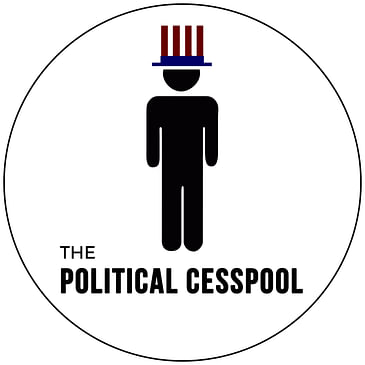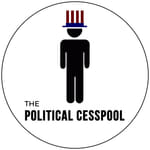Political activist and commentator Warren Balogh documents the political evolution of Donald Trump over the last twenty-five years by highlighting a most interesting and transformative fact that has gone largely underreported. (Hint: It involves Pat Buchanan.)


